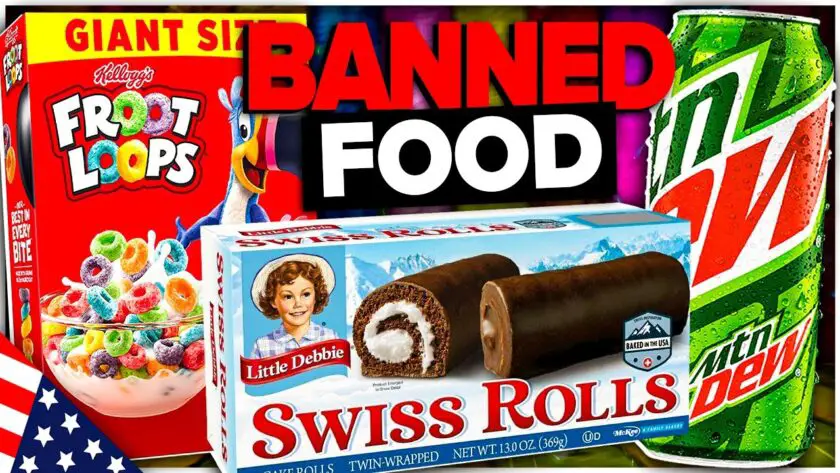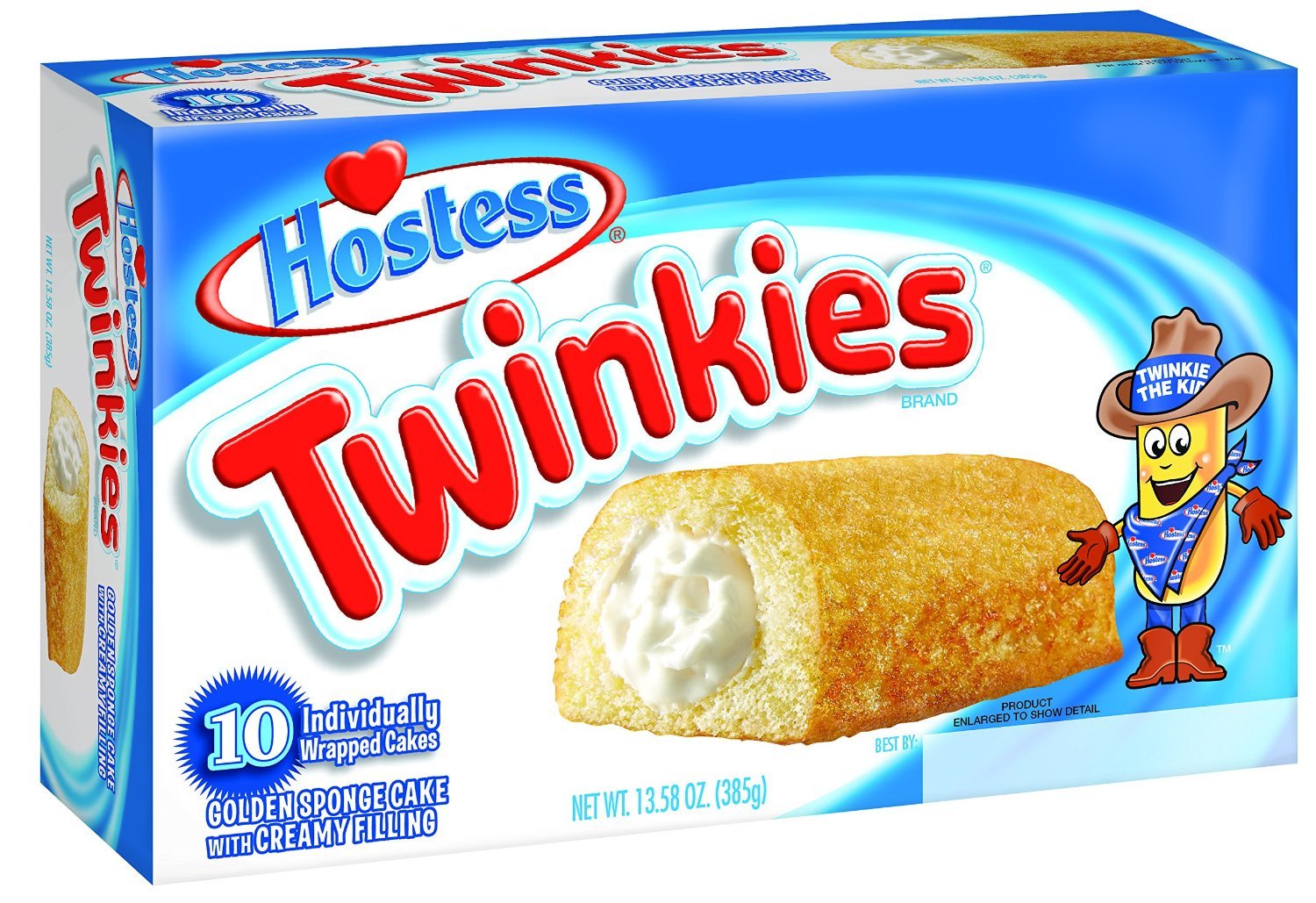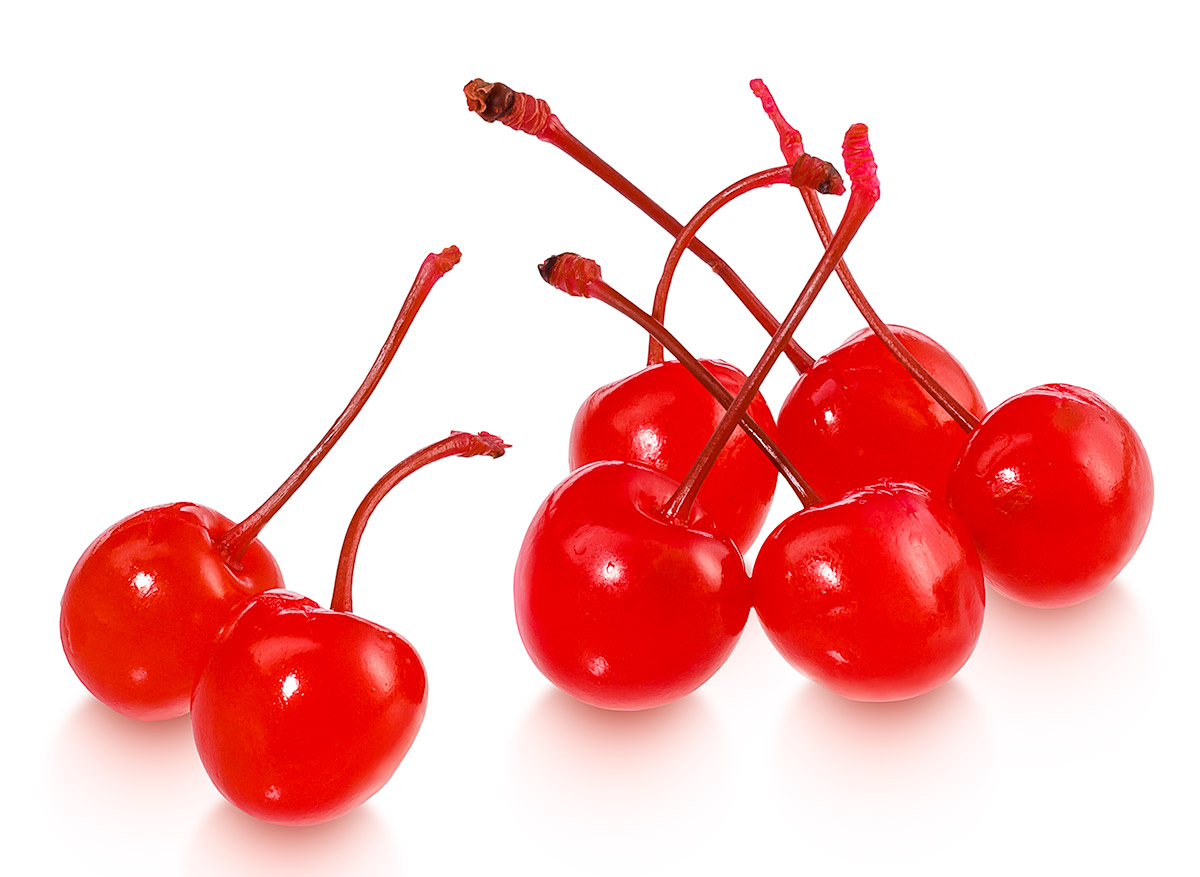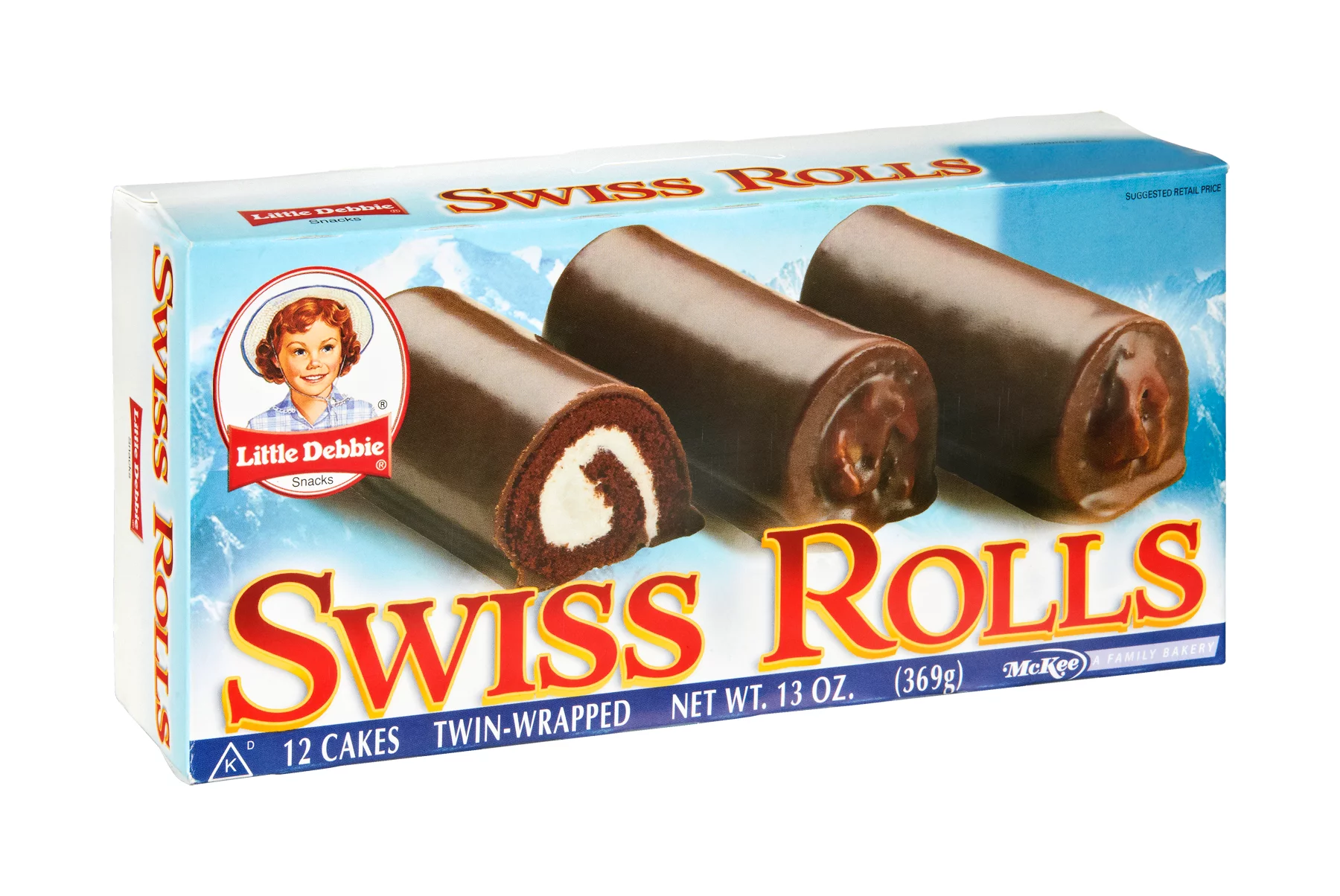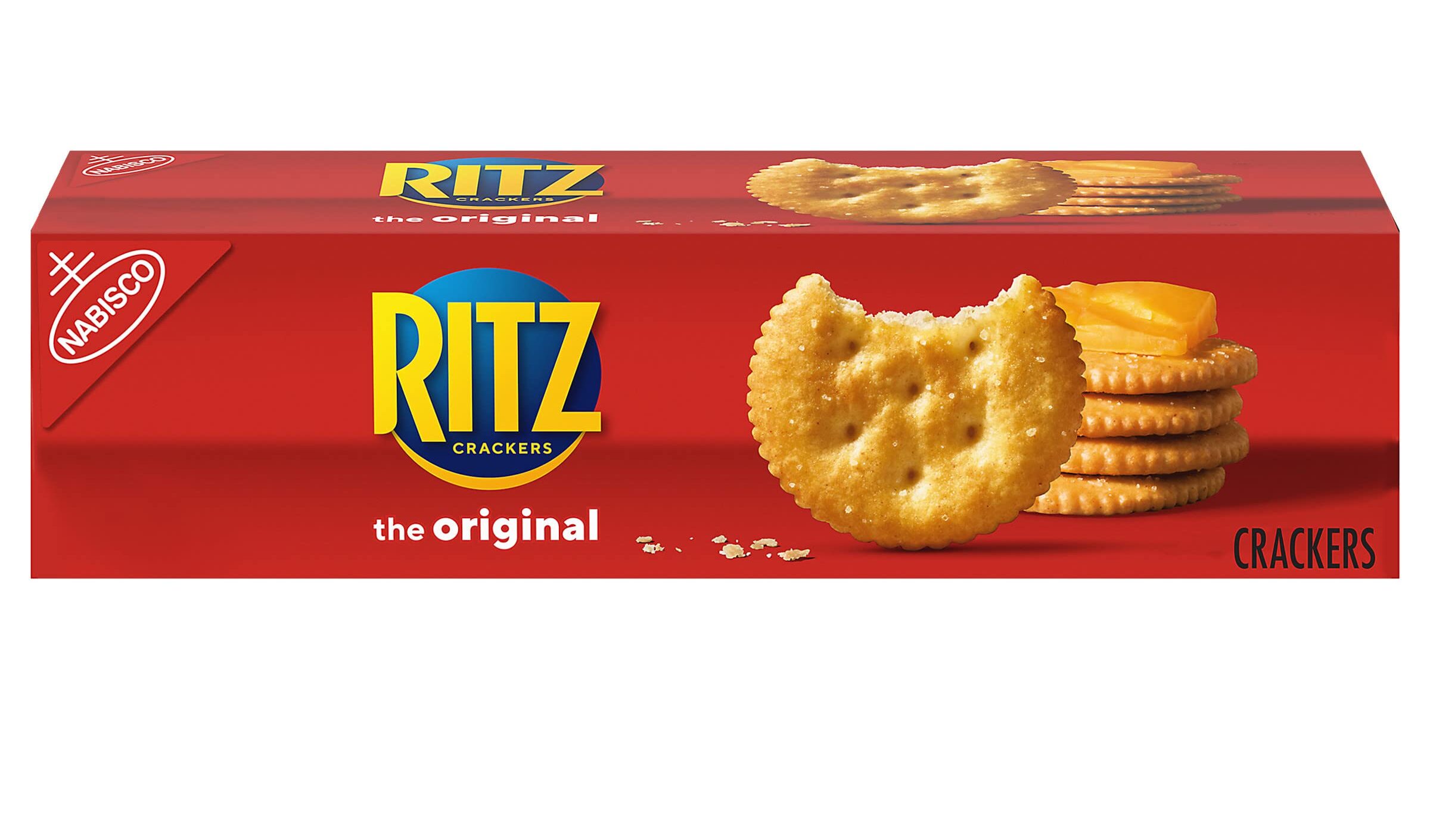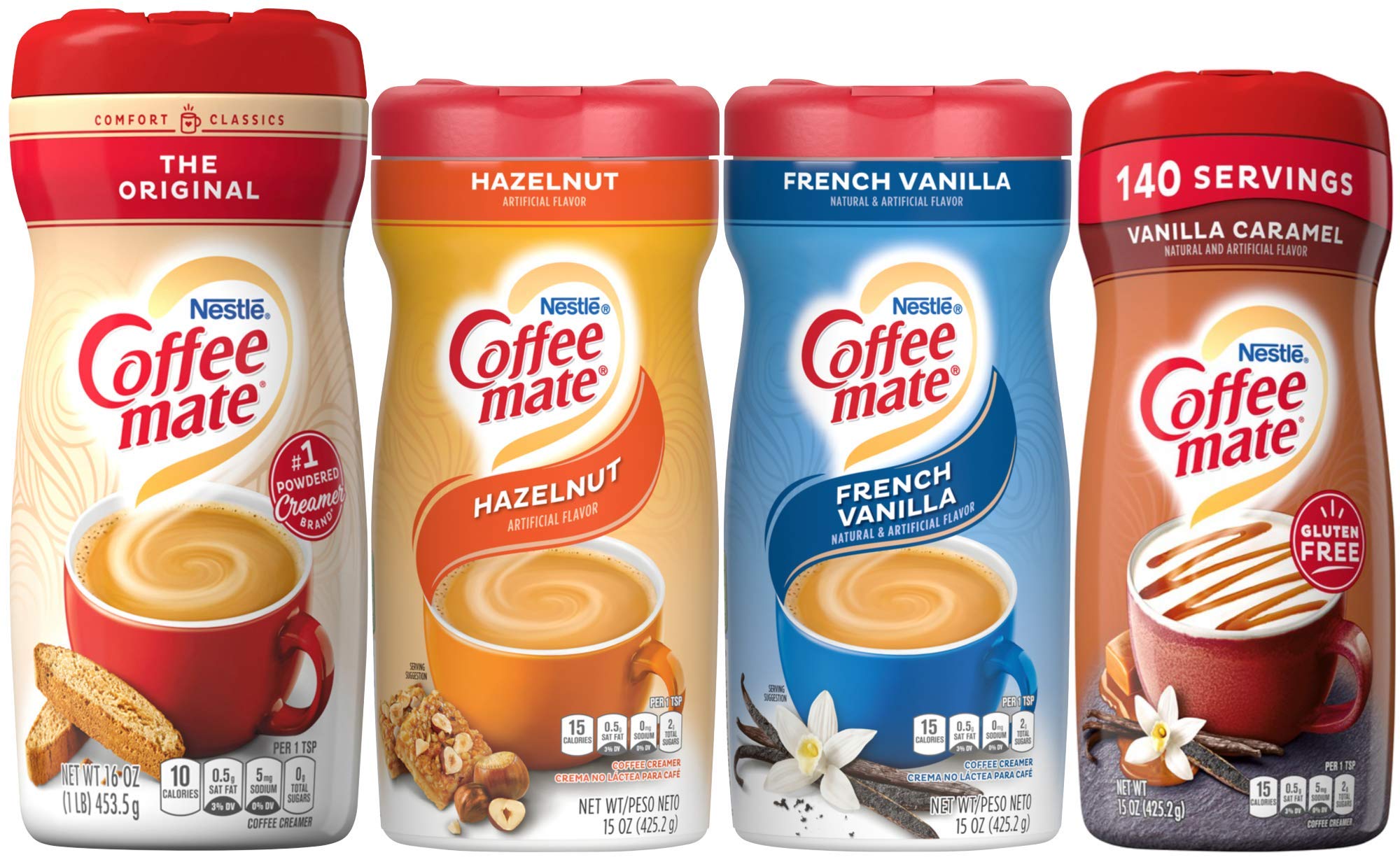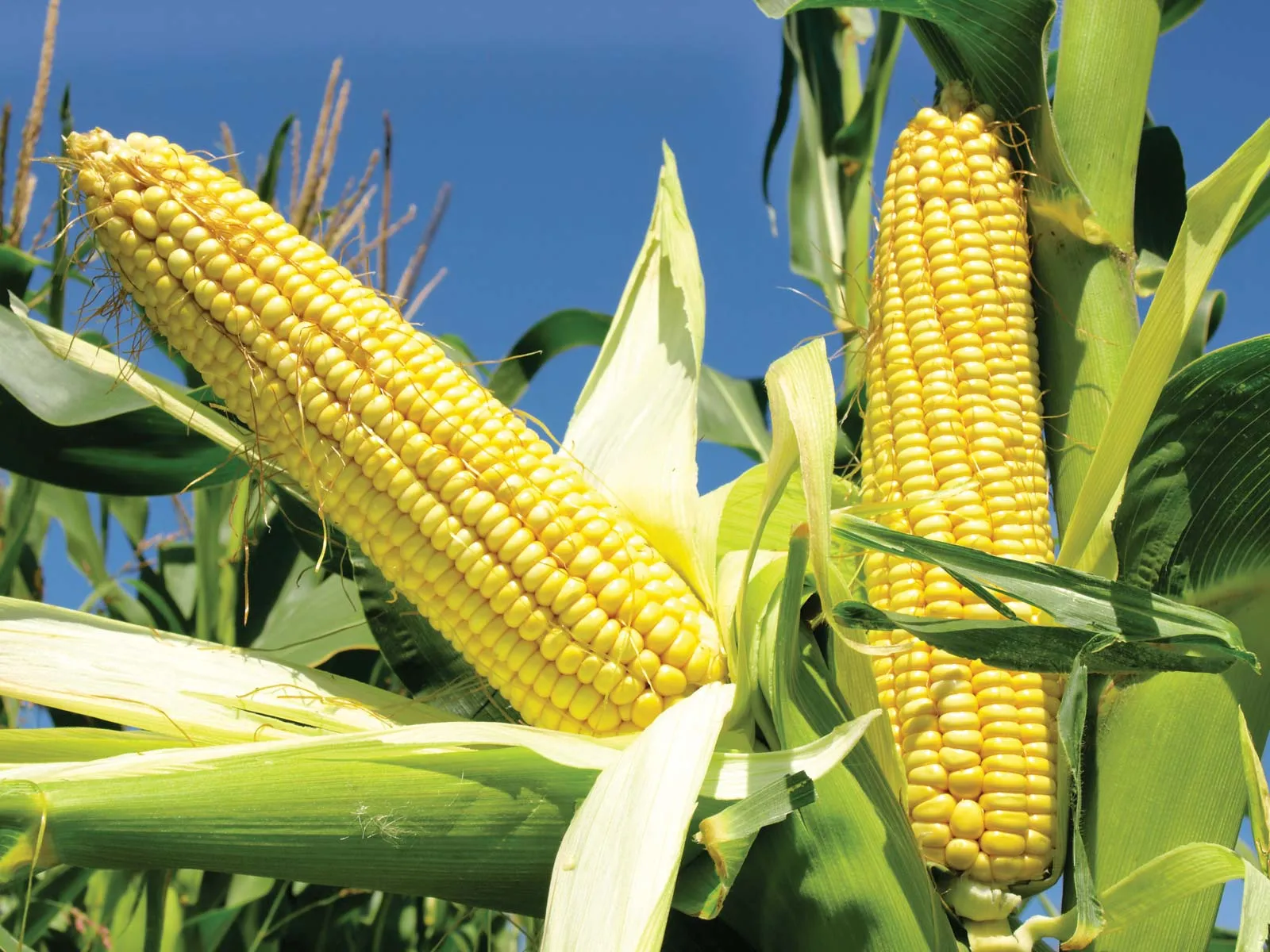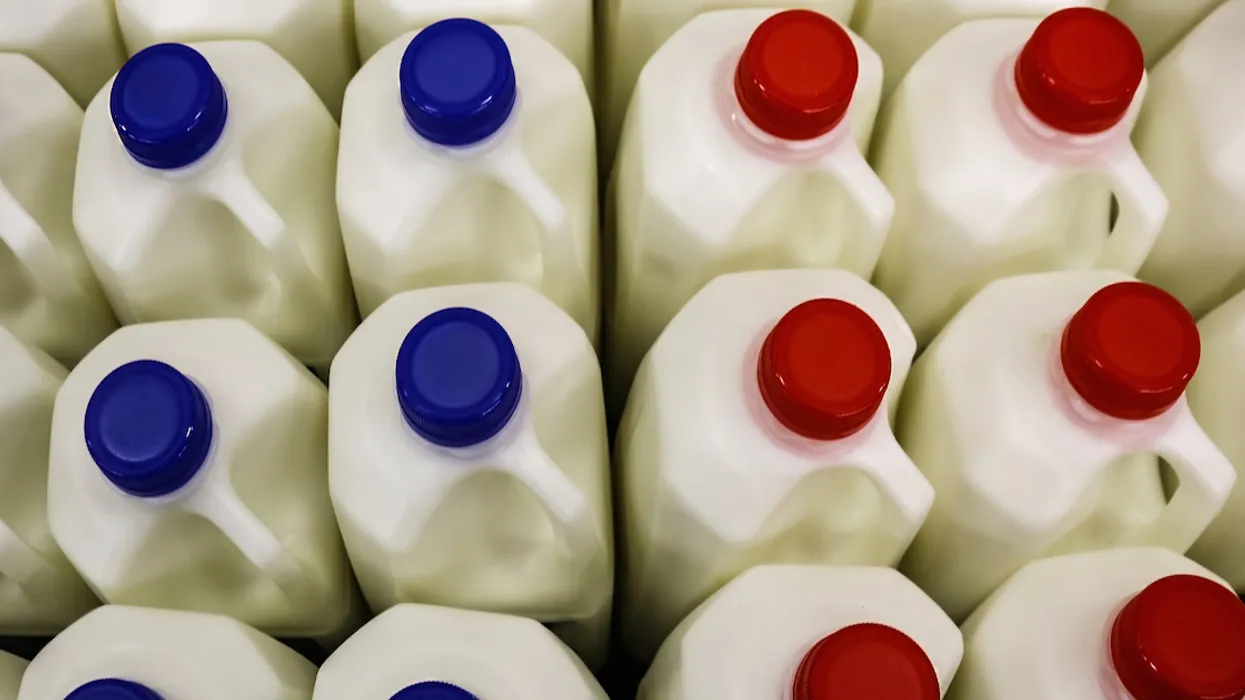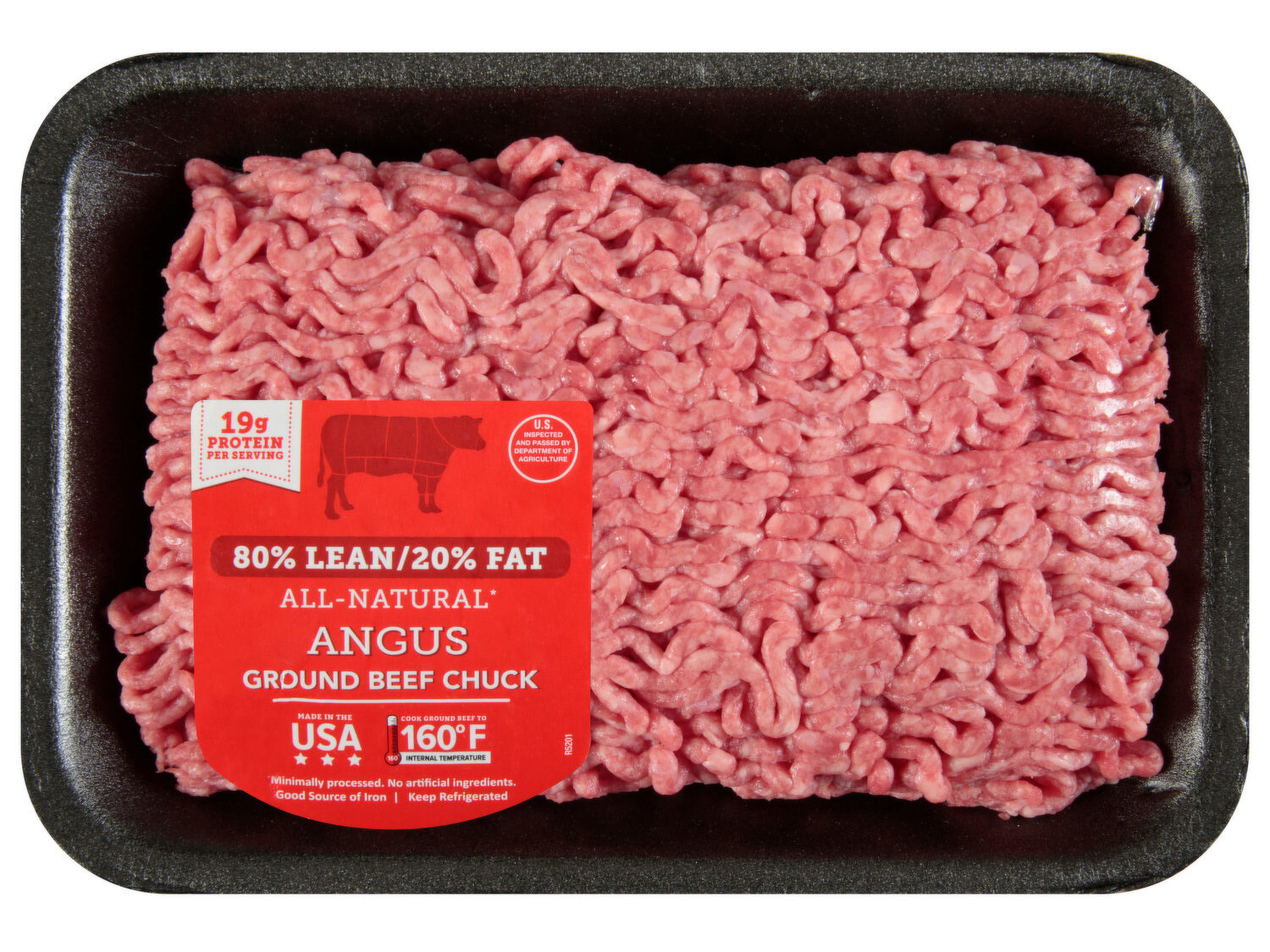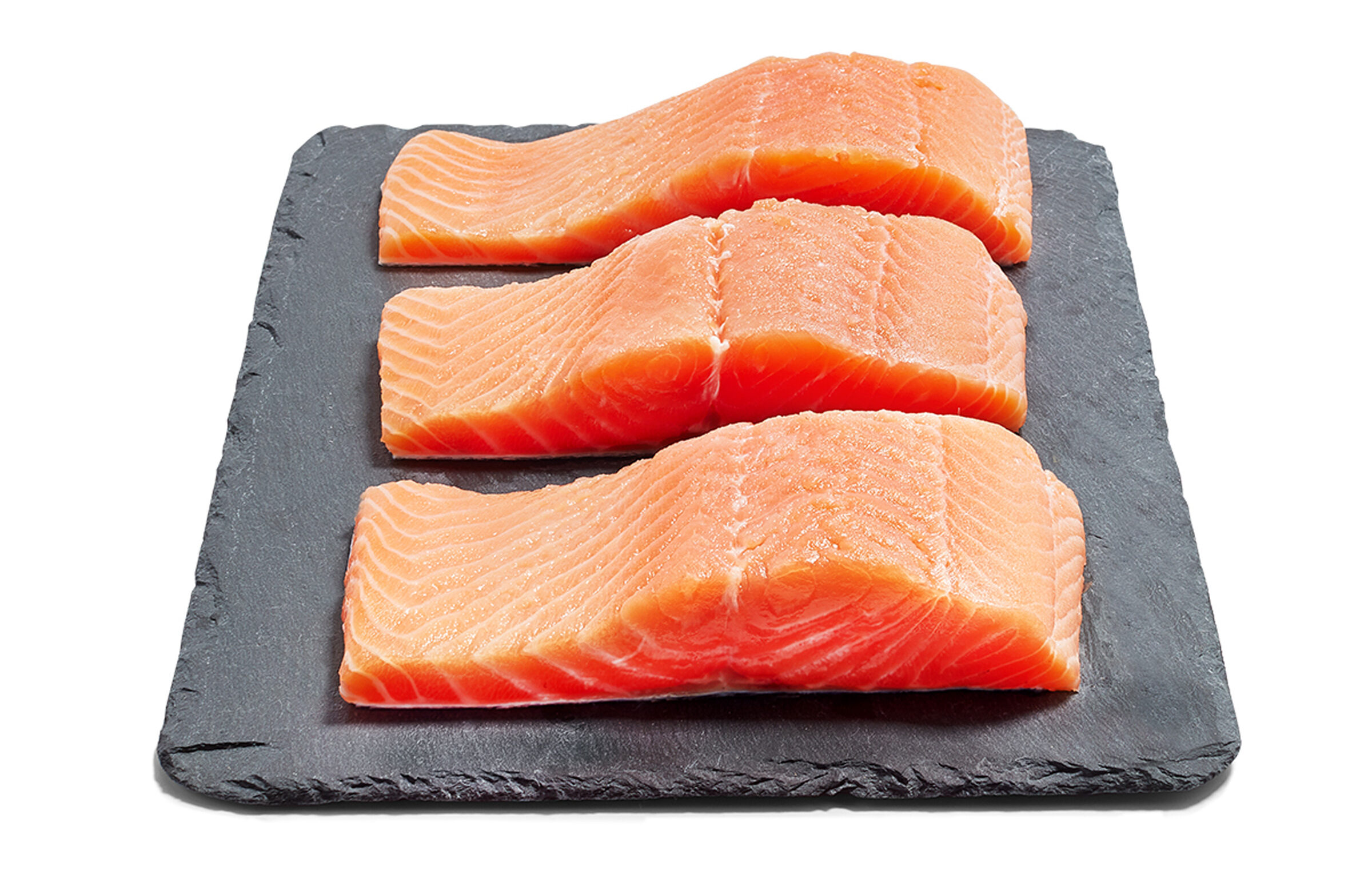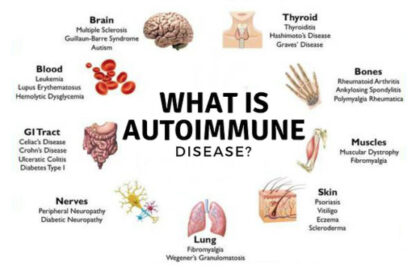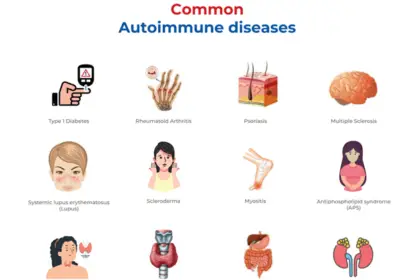America is known for its love of fast food and junk food, with burgers, hot dogs, and soda being some of the country’s most iconic and beloved cuisine. However, did you know that many of these popular foods are actually banned in other countries? There is a big concern about the ingredients in these foods, because they have been proven to cause major health issues. Many countries have taken a stand against certain American foods, and for very legitimate reasons. In this article, we will explore some of the most surprising American foods that have been banned in other countries and the reasons behind these bans. So, grab a bite(preferably something healthy) and join me on this disturbing culinary journey as we discover why some of America’s most beloved foods have been made illegal in many other major countries.
Twinkies
Ingredients: Sugar, Water, Enriched Flour (Bleached Wheat Flour, Malted Barley Flour, Niacin, Ferrous Sulfate Or Reduced Iron, Thiamine Mononitrate, Riboflavin, Folic Acid), High Fructose Corn Syrup, Tallow, Dextrose, Egg, Soybean Oil, Corn Starch, Modified Cornstarch, Hydrogenated Tallow, Whey, Glycerin, Salt, Sodium Acid Pyrophosphate, Baking Soda, Enzymes, Sorbic Acid And Potassium Sorbate, Cottonseed Oil, Mono And Diglycerides, Cellulose Gum, Sodium Stearoyl Lactylate, Soy Lecithin, Xanthan Gum, Polysorbate 60, Monocalcium Phosphate, Natural And Artificial Flavor, Yellow 5, Red 40.
Yellow 5 (also known as Tartrazine) is a food dye that is widely used in the food industry for coloring a variety of products. While it is used and considered safe for consumption by regulatory agencies such as the United States FDA and the European Food Safety Authority, there are some countries where it is restricted or banned.
- Norway – Yellow 5 is banned for use in all food products due to concerns about potential side effects such as hyperactivity in children.
- Austria – Yellow 5 is banned in certain food products, including sweets and soft drinks.
- Finland – Yellow 5 is restricted for use in food products, and its use must be indicated on the label.
- European Union – Yellow 5 must be indicated by a warning label on food items when it’s present.
Stove Top Stuffing
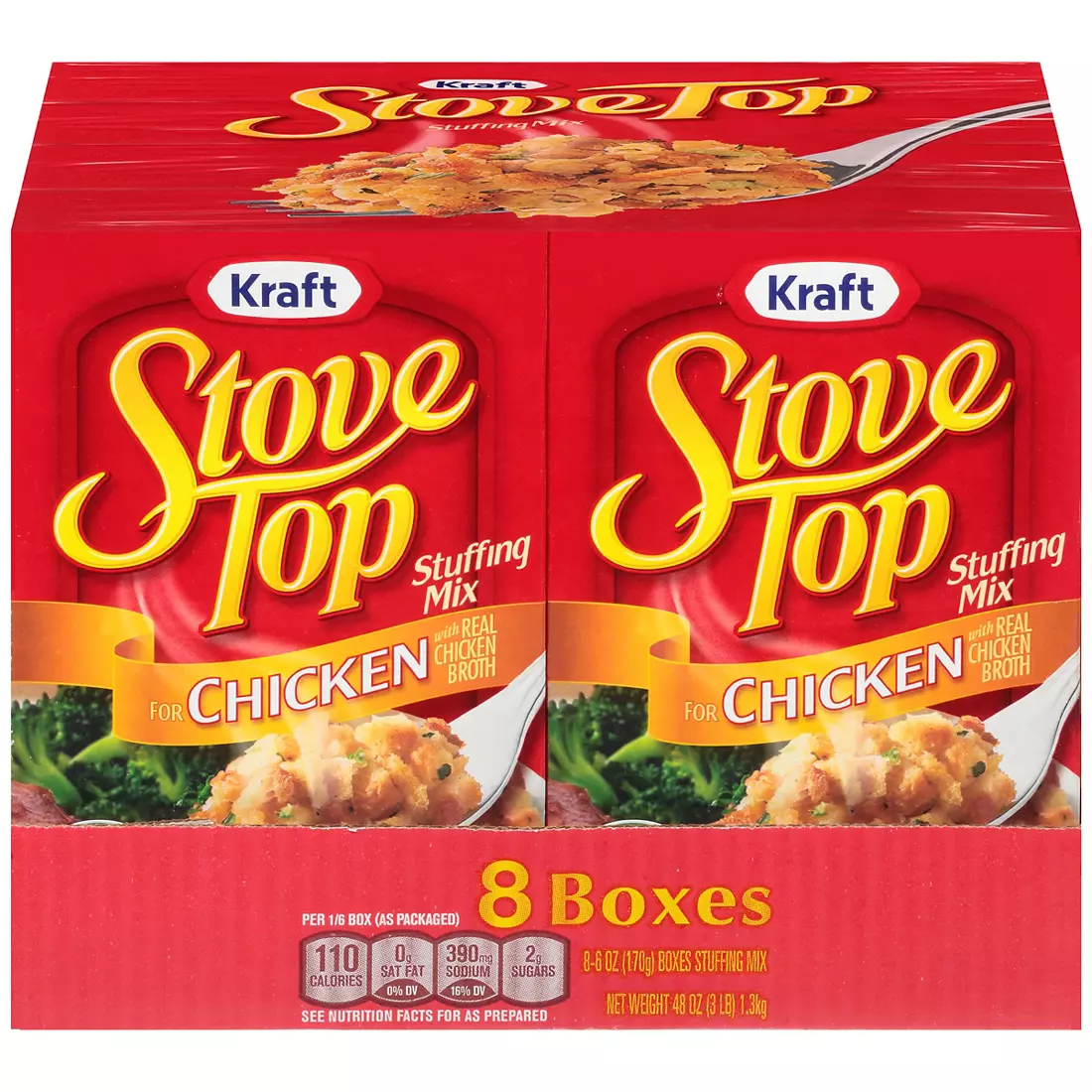
Ingredients: Enriched Wheat Flour (Wheat Flour, Niacin, Reduced Iron, Thiamin Mononitrate (Vitamin B1), Riboflavin (Vitamin B2), Folic Acid), High Fructose Corn Syrup, Onion (Dried), Salt, Hydrolyzed Soy Protein, Yeast, Interesterified Soybean Oil, Cooked Chicken (Dried), Celery (Dried), Monosodium Glutamate, Parsley (Dried), Spice, Maltodextrin, Potassium Chloride, Sugar, Chicken Broth (Dried), Turmeric, Silicon Dioxide, Disodium Guanylate, Disodium Inosinate, Natural Flavor, BHA, BHT, Rosemary Extract
BHA, or butylated hydroxyanisole, is a food additive used as a preservative. The restrictions on BHA in some countries are based on concerns about its potential health effects. BHA has been classified as a possible human carcinogen by some organizations, based on studies in laboratory animals.
BHT, or butylated hydroxytoluene, is a food additive used as a preservative. Like BHA, BHT has been the subject of some concerns about its potential health effects, but it is generally considered safe for consumption.
Despite this, some countries have decided to err on the side of caution and restrict or ban the use of BHA and BHT in certain foods or for certain populations, such as infants and young children, who are considered to be more susceptible to the potential harmful effects of food additives.
- Europe – BHA and BHT are banned for use in foods for infants and young children, and its use is limited in fatty foods such as oils, fats and fat-containing products.
- Japan – BHA and BHT is not allowed in foods for infants and young children and its use is restricted in general food products.
- Australia – BHA and BHT is allowed for use as a food additive, but its use is subject to specific maximum limits.
- New Zealand – BHA is allowed for use as a food additive, but its use is subject to specific maximum limits.
Fruit Loops
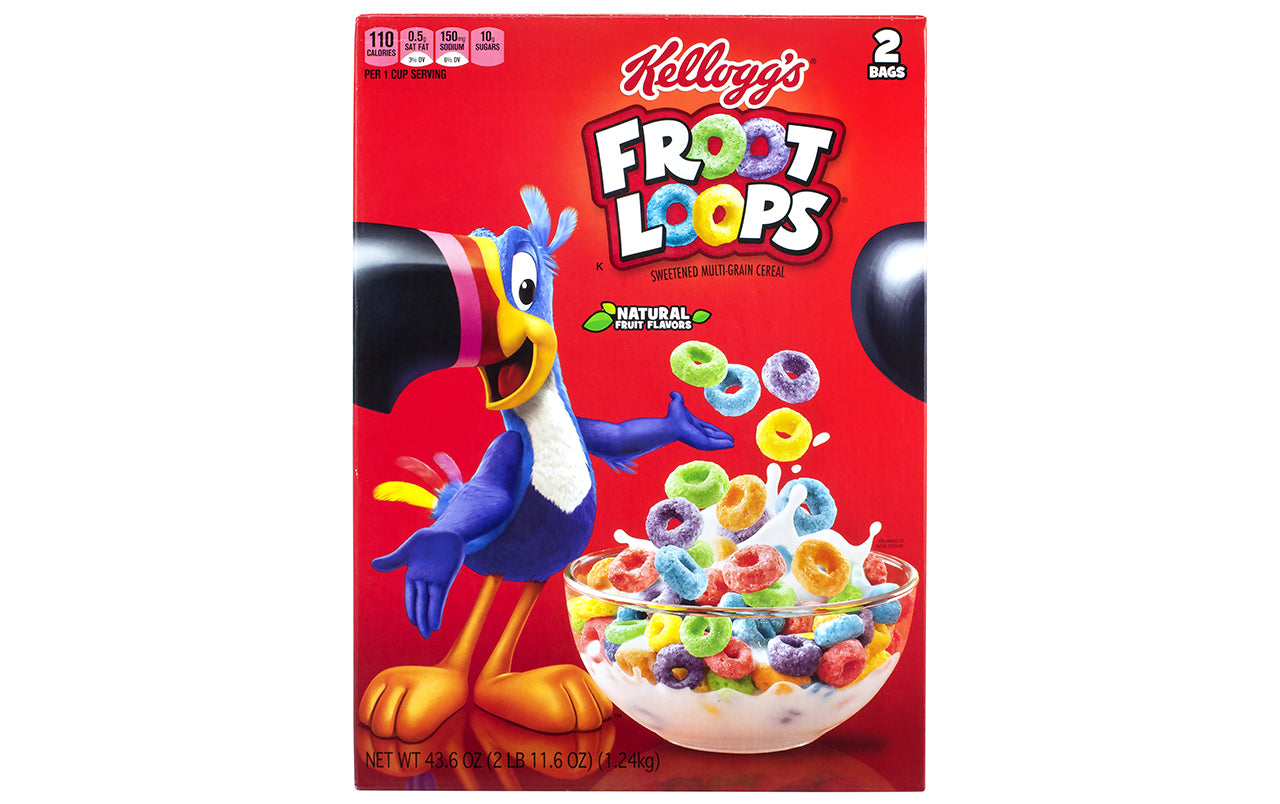 Corn flour blend, sugar, wheat flour, whole grain oat flour, modified food starch, hydrogenated vegetable oil, oat fiber, maltodextrin, salt, soluble corn fiber, natural flavor, red 40, yellow 6, BHT, yellow 5, blue 1, vitamin c (ascorbic acid), reduced iron, niacinamide, vitamin b6 (pyridoxine hydrochloride), vitamin b2 (riboflavin), vitamin b1 (thiamin hydrochloride), folic acid, vitamin d3, vitamin b12
Corn flour blend, sugar, wheat flour, whole grain oat flour, modified food starch, hydrogenated vegetable oil, oat fiber, maltodextrin, salt, soluble corn fiber, natural flavor, red 40, yellow 6, BHT, yellow 5, blue 1, vitamin c (ascorbic acid), reduced iron, niacinamide, vitamin b6 (pyridoxine hydrochloride), vitamin b2 (riboflavin), vitamin b1 (thiamin hydrochloride), folic acid, vitamin d3, vitamin b12
The concerns about Red 40 stem from studies that have linked the food dye to various health problems, including hyperactivity in children and an increased risk of cancer. Red 40 is banned in Norway, Austria, and Germany.
Some concerns about Yellow 6 stem from studies that have linked the food dye to various health problems, including an increased risk of cancer, hypersensitivity reactions, and other health issues. Yellow 6 is banned in Norway and Finland.
The restrictions on BHA in some countries are based on concerns about its potential health effects. BHA has been classified as a possible human carcinogen by some organizations, based on studies in laboratory animals. However, the evidence for its carcinogenic effects in humans is limited.
-
- Europe – BHA is banned for use in foods for infants and young children, and its use is limited in fatty foods such as oils, fats and fat-containing products.
- Japan – BHA is not allowed in foods for infants and young children and its use is restricted in general food products.
- Australia – BHA is allowed for use as a food additive, but its use is subject to specific maximum limits.
- New Zealand – BHA is allowed for use as a food additive, but its use is subject to specific maximum limits.
Mountain Dew
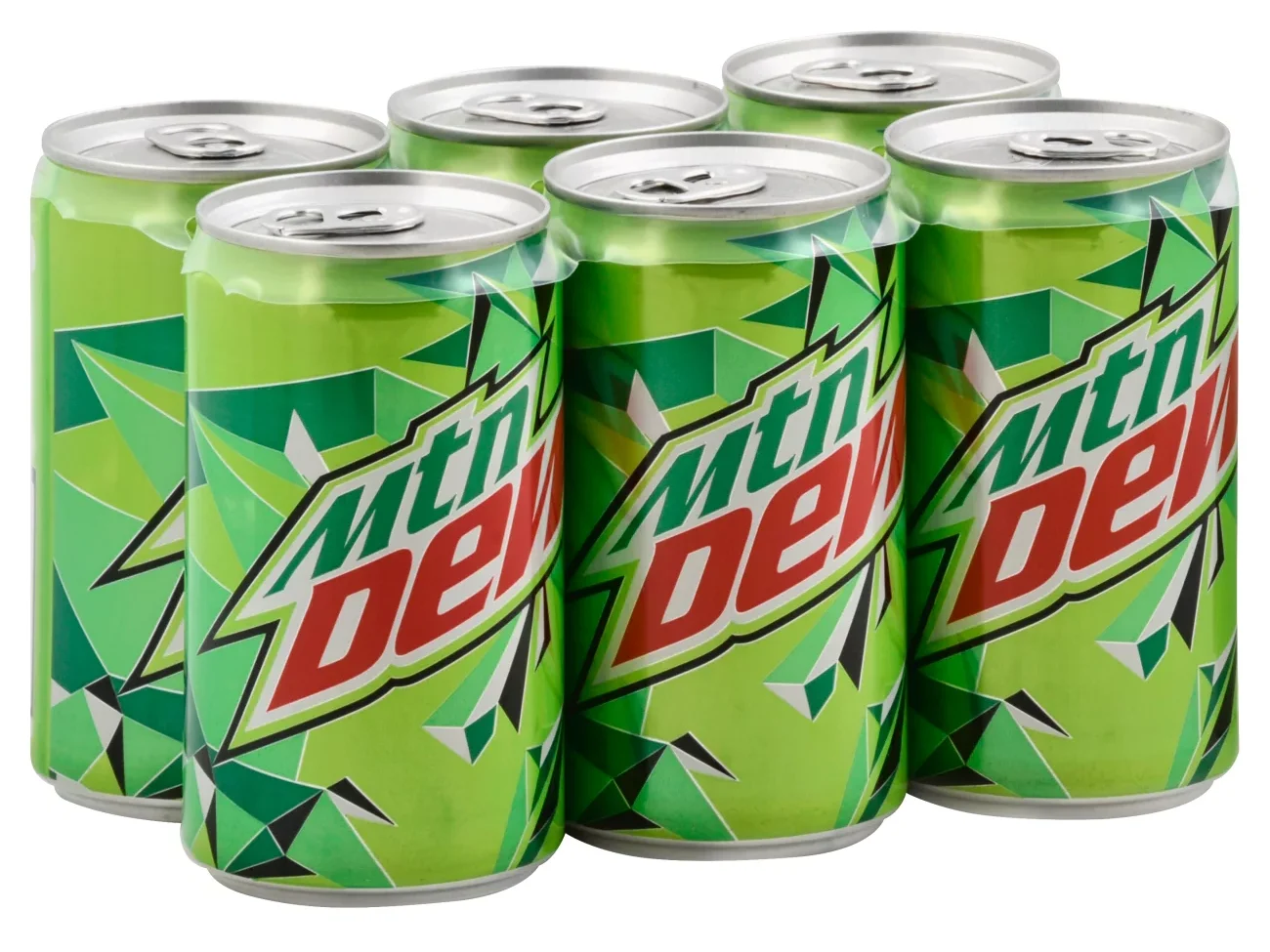 Ingredients: carbonated water, high fructose corn syrup, concentrated orange juice, citric acid, natural flavor, sodium benzoate, caffeine, sodium citrate, erythorbic acid, gum arabic, calcium disodium edta, brominated vegetable oil, yellow 5.
Ingredients: carbonated water, high fructose corn syrup, concentrated orange juice, citric acid, natural flavor, sodium benzoate, caffeine, sodium citrate, erythorbic acid, gum arabic, calcium disodium edta, brominated vegetable oil, yellow 5.
- Brominated Vegetable Oil: An emulsifier that is used in many citrus soft drinks. It has been banned in many countries, including the European Union, due to health concerns over its buildup in the body and its potential to interfere with thyroid hormones.
- High Fructose Corn Syrup (HFCS): HFCS is a sweetener commonly used in processed foods and soft drinks. Some countries, such as Mexico, have imposed taxes on products containing HFCS as a way to curb obesity and related health problems.
- Yellow 5: This food dye is used to color many processed foods, including soft drinks. Some countries, such as Austria and Norway, have banned or restricted the use of these dyes due to concerns over their potential health effects.
Maraschino Cherries
Ingredients: Cherries, Water, Corn Syrup, High Fructose Corn Syrup, Malic Acid, Citric Acid, Natural and Artificial Flavor, Potassium Sorbate, Sodium Benzoate, Red 40, Sulfur Dioxide, calcium chloride.
- High Fructose Corn Syrup: HFCS is a sweetener commonly used in processed foods and drinks. Some countries, such as Mexico, have imposed taxes on products containing HFCS as a way to curb obesity and related health problems.
- Red 40: Maraschino cherries are often brightly colored, and this color is often achieved through the use of artificial food dyes, such as Red 40 and Yellow 5. Some countries, such as Austria and Norway, have banned or restricted the use of these dyes due to concerns over their potential health effects.
- Formaldehyde: In the past, some maraschino cherry manufacturers used formaldehyde as a preservative. However, this practice has been banned in many countries due to concerns over its safety.
The cherries are first soaked in a brine solution that typically contains calcium chloride and sulfur dioxide. This bleaches the cherries, removing their natural red pigment and flavor. The cherries are left in the brine solution for four to six weeks.
After bleaching, they’re soaked in another solution for about one month. This solution contains red food dye, sugar, and oil of bitter almonds or an oil with a similar flavor. The end result are bright red, very sweet cherries with absolutely no nutritional value.
Recommended Reading: The Top 10 Healthiest Snacks To Grab on The Fly
Swiss Rolls
Ingredients: Sugar, Corn Syrup, Water, Enriched Bleached Flour, Partially Hydrogenated Soybean and Cottonseed Oil with TBHQ, Dextrose, Palm and Palm Kernel Oil, Soy Flour, Cocoa, Soybean Oil, Eggs, Corn Starch, Whey, Leavening, Sorbitan Monostearate, Polysorbate 60, Soy Lecithin, Mono-Diglycerides, Salt, Yellow 5, Red 40, Blue 1, Sorbic Acid, Egg Whites, Natural and Artificial Flavors.
Red 40 and Yellow 5 – Some countries, such as Austria and Norway, have banned or restricted the use of these dyes due to concerns over their potential health effects.
Palm Oil – the production of palm oil has been criticized for causing deforestation and harm to wildlife. Some countries, such as Germany, have imposed restrictions on the use of palm oil in food products.
- European Union – Palm oil is not banned, but labeling requirements for food products containing palm oil were tightened in December 2020. The new regulations require food manufacturers to specify the use of palm oil on the ingredients list and indicate if the palm oil was produced sustainably.
- Germany – The Federal Office for Agriculture and Food has called for a voluntary reduction of palm oil usage in food products. The German government has also proposed labeling requirements for food products containing palm oil, similar to those in the European Union.
- United Kingdom: The government has expressed concern over its impact on the environment and has supported efforts to increase the use of sustainable palm oil.
Ritz Crackers
Ingredients: unbleached enriched flour, hydrogenated canola oil, palm oil , sugar , salt , calcium phosphate, baking soda, high fructose corn syrup , soy lecithin , natural flavor.
- High Fructose Corn Syrups
- Artificial food dyes – Found in Ritz crackers with Cheese
- Hydrogenated Oils
- Palm Oil
Coffee Mate
Ingredients: Corn Syrup Solids, Hydrogenated Vegetable Oil, Sodium Caseinate, Dipotassium Phosphate, Sodium Aluminosilicate, Mono-Diglycerides, Artificial Flavor, Annatto Color
- Artificial Flavors/Colors – Added to enhance the taste and appearance. Some countries, such as Austria and Norway, have banned or restricted the use of artificial colors and flavors in food products due to concerns over their potential health effects.
- Hydrogenated Oils: These are oils that have been partially hydrogenated to increase their shelf life. Some countries, such as Denmark, have banned or restricted the use of hydrogenated oils in food products due to concerns over their impact on health.
Conventional Corn
Corn grown in the United States is most commonly sprayed with Atrazine.
Atrazine is a herbicide that is widely used to control weeds in agriculture, particularly on crops such as corn and sorghum. While it is still widely used in many countries, its use has been banned or restricted in some due to concerns about its potential impact on the environment and human health.
Atrazine is highly persistent in the environment and has been found to contaminate groundwater, surface water, and drinking water in some areas. It has been shown to have a negative impact on aquatic ecosystems, including the feminization of male frogs and the reduction of amphibian populations. There are concerns that atrazine exposure may increase the risk of certain cancers, birth defects, and hormonal disruptions in humans.
Given these concerns, some countries have decided to err on the side of caution and ban or restrict the use of atrazine in order to minimize its potential impact on the environment and human health.
- European Union (27 countries) – Atrazine has been banned since 2004 due to concerns about its persistence in the environment and potential impact on aquatic wildlife.
- Switzerland – Atrazine has been banned since 1992 for similar reasons.
- Australia – Atrazine is still widely used, but its use is subject to restrictions and regulations to minimize its potential impact on the environment.
US Chicken
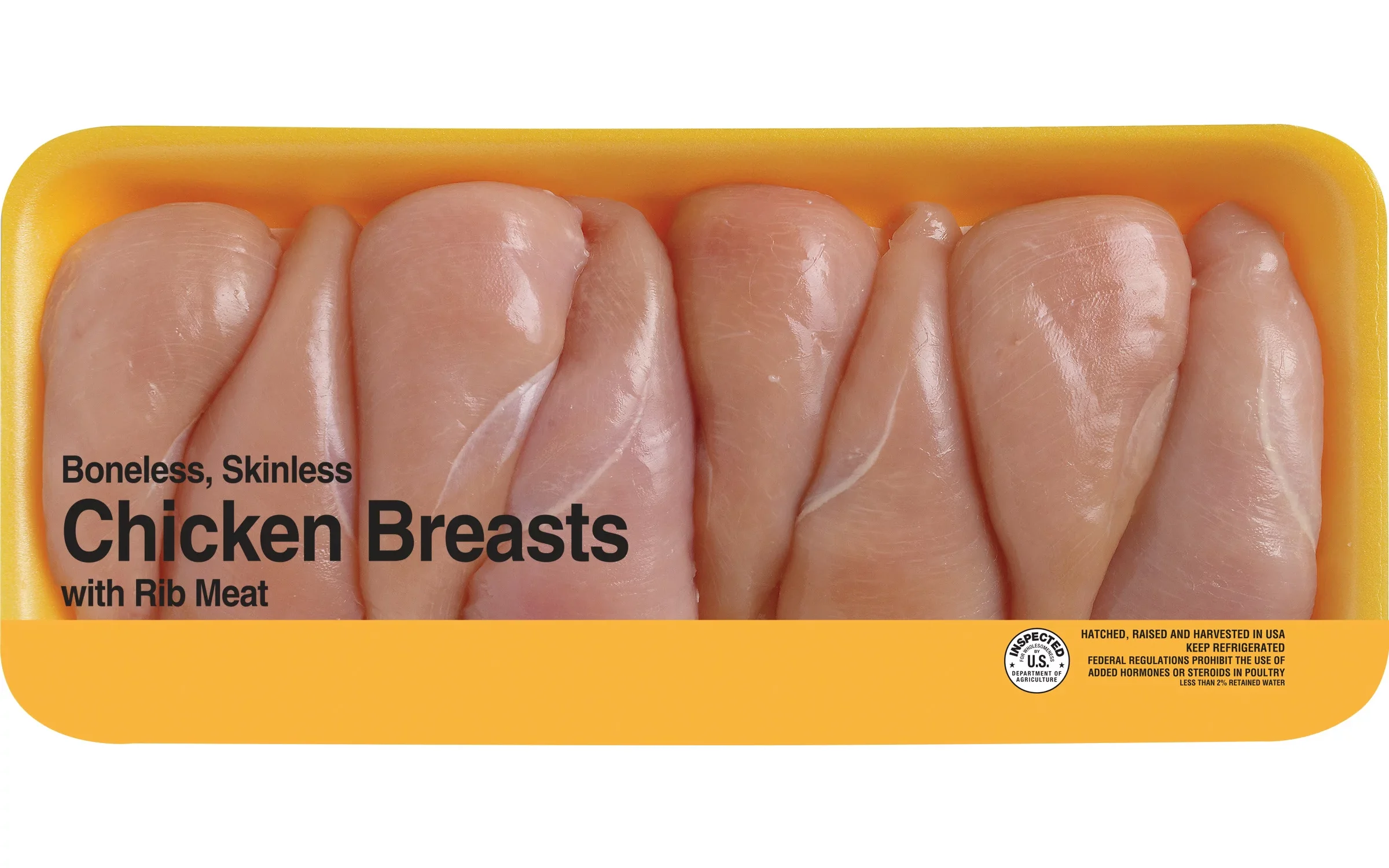 The import of U.S. chicken has been banned or restricted in some countries due to concerns about food safety, animal welfare, and the use of growth-promoting hormones and other chemicals in poultry production. Some of the specific reasons include:
The import of U.S. chicken has been banned or restricted in some countries due to concerns about food safety, animal welfare, and the use of growth-promoting hormones and other chemicals in poultry production. Some of the specific reasons include:
Some countries have banned U.S. chicken imports due to concerns about the use of chlorine to disinfect poultry, which they believe can result in the presence of harmful residual chemicals in the final product. There is also concerns about the use of antibiotics and growth hormones in poultry production. These substances are not permitted in the EU and are considered to pose potential health risks to consumers. In some cases, countries have temporarily banned U.S. chicken imports in response to outbreaks of avian influenza in U.S. poultry flocks, in order to protect their own poultry industries from the spread of the disease.
- Russia – U.S. chicken is banned due to the concerns of the chicken being washed in chlorine after processing and before packaging.
- European Union – U.S. chicken is banned due to concerns about the use of growth-promoting hormones in chicken production, which are not permitted in the EU.
US Milk
- Hormone Use: One of the main concerns is the use of hormones in dairy cattle in the U.S. Some countries, such as the European Union, have banned the use of certain hormones, such as
rbST (recombinant bovine somatotropin), in dairy production. As a result, dairy products from the U.S. that contain these hormones may not be allowed to be sold in those countries. - Antibiotic Use: The use of antibiotics in dairy cattle in the U.S. is also a concern for some countries. Excessive use of antibiotics in dairy cattle can lead to the development of antibiotic-resistant bacteria, which can be harmful to human health. Some countries, such as Japan, have imposed restrictions on the import of dairy products from the U.S. that contain high levels of antibiotics.
- Quality Standards: Some countries also have strict regulations regarding the quality and safety of dairy products, including milk. If U.S. milk does not meet these standards, it may be banned from being imported into that country.
US Pre-Packaged Beef
- Bovine Spongiform Encephalopathy (BSE): BSE, also known as mad cow disease, is a progressive neurological disorder that affects cattle. The disease can be transmitted to humans who consume infected beef products, causing a rare but fatal brain condition called variant Creutzfeldt-Jakob disease (vCJD). Some countries, such as Japan, have banned the import of U.S. beef due to concerns about the risk of BSE.
- Hormone and Antibiotic Use: The use of hormones and antibiotics in U.S. beef production is also a concern for some countries. Some countries, such as the European Union, have banned the use of certain hormones in beef production, and have strict regulations regarding the use of antibiotics in livestock.
- Animal Welfare Standards: Some countries also have strict regulations regarding animal welfare and the conditions in which livestock are raised. If U.S. beef does not meet these standards, it may be restricted or banned from being imported into that country.
- “Pink slime” – Beef trimmings are heated to about 100° F, then put into a centrifuge to separate the fat tissue from the muscle tissue. Then the muscle tissue is treated with ammonia to keep bacteria from forming. It is now known as “lean finely textured beef”. There was much public outrage in the U.S once information about “pink slime” was released, but the company BPI quickly and quietly renamed the product, and it is added to most US Beef sold to grocery stores.
US Pork
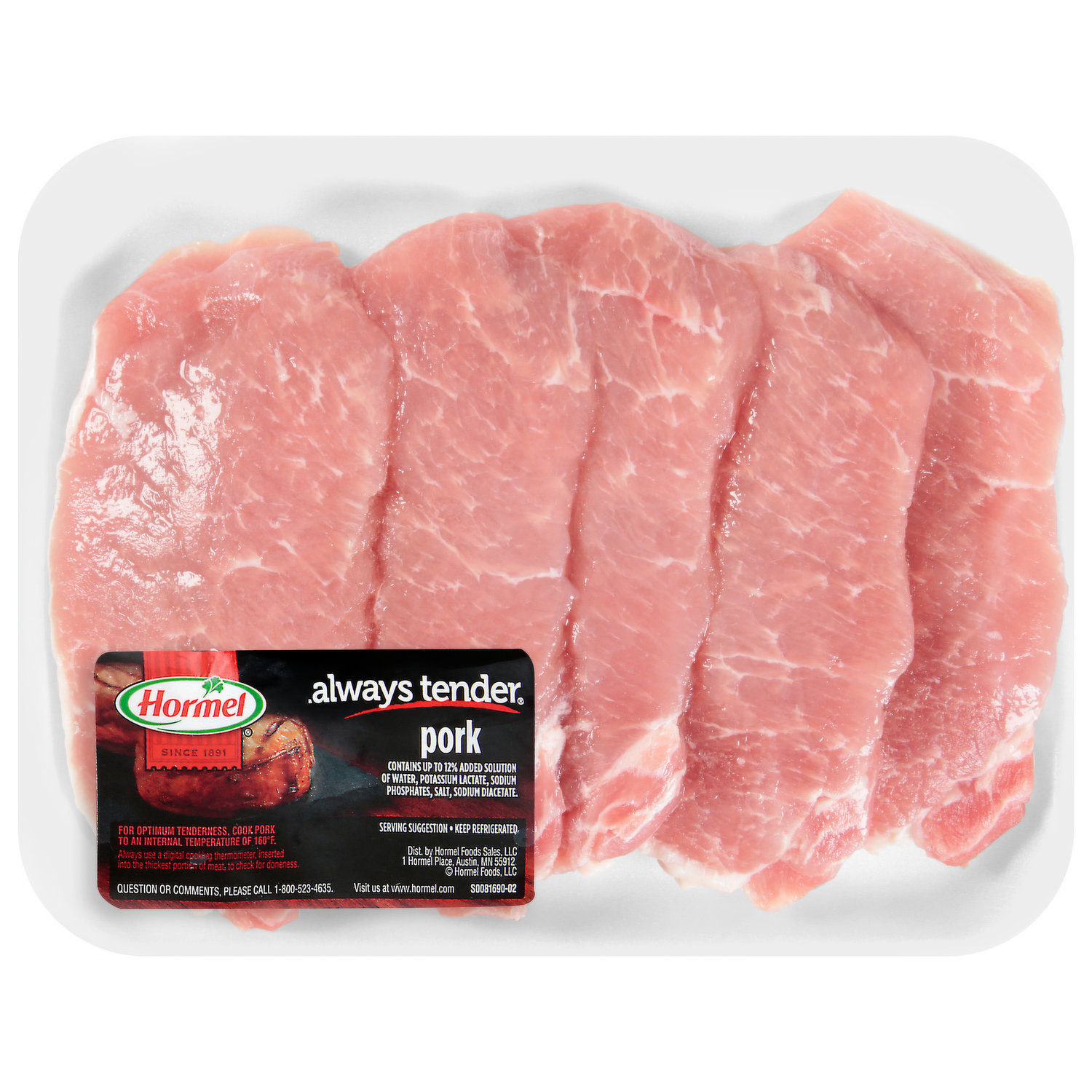
- African Swine Fever (ASF): African Swine Fever is a highly contagious disease that affects pigs. The disease can spread rapidly through pig populations, causing significant losses for farmers. Some countries, such as China, have banned the import of U.S. pork due to concerns about the risk of ASF.
- Hormone and Antibiotic Use: The use of hormones and antibiotics in U.S. pork production is also a concern for some countries. Some countries, such as the European Union, have banned the use of certain hormones in pork production, and have strict regulations regarding the use of antibiotics in livestock.
- Animal Welfare Standards: Some countries also have strict regulations regarding animal welfare and the conditions in which livestock are raised. If U.S. pork does not meet these standards, it may be restricted or banned from being imported into that country.
Farmed Salmon
- Environmental Impact: Salmon farming can have a significant impact on the environment, including the release of waste and chemicals into the water, and the spread of disease and parasites to wild salmon populations. Some countries, such as Australia, have banned or restricted the import of farmed salmon due to these concerns.
- Chemical Contaminants: Farmed salmon are often fed a diet that includes chemicals, such as pesticides and dyes, which can accumulate in their flesh. Some countries, such as Japan, have restrictions on the import of farmed salmon due to concerns about chemical contaminants.
- Nutrition: Farmed salmon are often fed a diet that is high in fat and low in omega-3 fatty acids. Some countries, such as Iceland, have discouraged the consumption of farmed salmon due to concerns about its nutritional value.
In conclusion, while American foods are enjoyed by many people around the world, some of these products are restricted or banned in certain countries due to concerns about food safety, animal welfare, environmental impact, and nutritional value, and even dangerous to our health. It’s always a good idea to check the label of food products to determine what ingredients are included and make informed decisions about what you choose to eat. It is best to avoid the ingredients listed above, and to eat as close to organic, and local, as possible. The easiest way to do this is support your local farmers, farmers markets, and grow your own food.
Recommended Products:
- Grass Fed Beef Sticks: Paleovalley has a great selection of grass fed beef sticks that are some of the tastiest beef sticks I’ve ever had. Highly recommend them. Click here to visit!
- Pasture Raised Turkey Sticks: Paleovalley also has a great tasting pasture raised turkey stick as well. They have pork as well, if you prefer that. I prefer beef over both turkey and pork, but they have a great selection of pork.
- Superfood Bars by Paleovalley: These superfood bars are absolutely exceptional. Some of the best tasting bars and flavors I have ever had.
- Whether you want a meat stick or superfood bars, paleovalley has some of the best organic snacks I have ever had. I found a 15% off link that you can use by clicking here to get off your entire order. Enjoy!
Click here to visit Paleovalley.com and get 15% off your order today!
